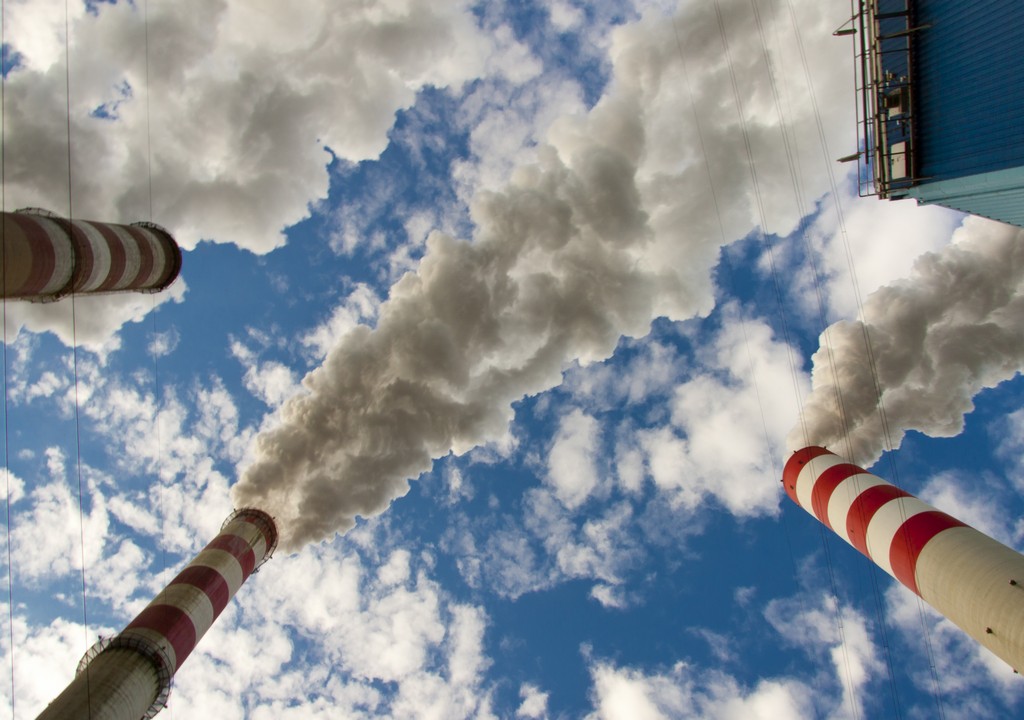Clean air advocates encourage PH to consider updating emission standards
- April 18, 2024
- 0

In order to protect the environment and public health, an international non-governmental group suggests that the government should look into the outmoded emission rules for sources of air pollution, such as coal-fired power plants.
In a report by Philippine Star, Clean Air Asia said that although the Philippine Clean Air Act was valuable legislation, the law, which had been 24 years old, proved ineffective in addressing the perils caused by coal-fired power plants.
The organization went on to say that it was concerned that the Philippines continued to have some of the most lax emission regulations in the region for sulfur oxide and nitrogen oxide.
Coal plants released toxic wastes like nitrogen oxide, sulfur dioxide, and mercury, among others, which had been connected to cardiovascular issues and respiratory diseases.
As per the Health Effects Institute and the Institute for Health Metrics and Evaluation, air pollution was the primary cause of more than one in nine deaths universally. To add to that, it was also the fourth leading risk factor for premature death.
It was important to note that the country’s power generation was heavily dependent on coal, which contributed significantly to emissions that warmed the earth.
A draft of the proposed update to the emission standards for sources of air pollution reduced the current permissible emissions of nitrogen oxide, sulfur oxide, and other pollutants from coal plants b
Clean Air Asia further explained that though the proposition was heading in the appropriate direction, permissible emissions should be turned down further to parallel the exemplary standards in Asia, as lowering permissible emissions meant greater health benefits for the surrounding communities within the sc
Under the updated emission standards, coal-fired power plants would be required to install pollution control equipment or consider procedures to maintain air emissions below allowed limits.